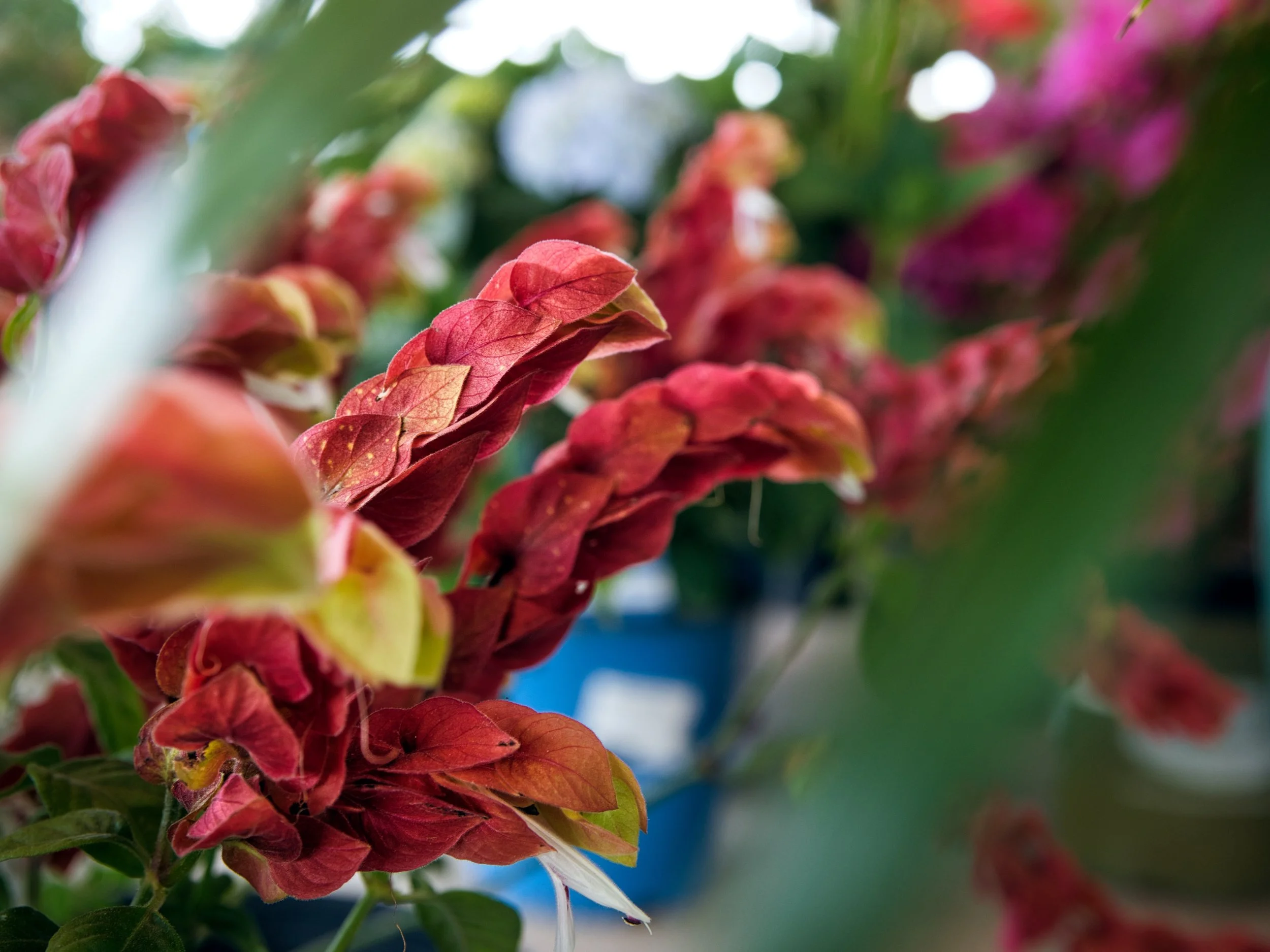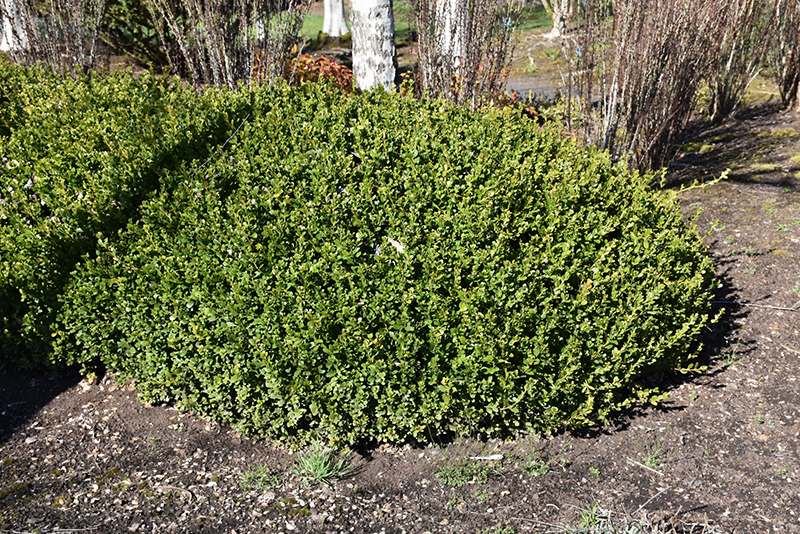Winter Gem Boxwood
Buxus microphylla 'Winter Gem'
Height: 3 feet
Spread: 3 feet
Sunlight:
![]()
![]()
Hardiness Zone: 5a
Other Names: Littleleaf Boxwood; Japanese Boxwood
Description:
This compact boxwood is great for smaller areas; foliage bronzes in winter adding seasonal interest; an extremely versatile shrub that's ideal for small and formal hedges or topiary, best time to prune is Nov-July
Ornamental Features
Winter Gem Boxwood is primarily valued in the garden for its ornamental globe-shaped form. It has rich green evergreen foliage. The small glossy oval leaves remain green throughout the winter.
Landscape Attributes
Winter Gem Boxwood is a dense multi-stemmed evergreen shrub with a more or less rounded form. Its relatively fine texture sets it apart from other landscape plants with less refined foliage.
This is a relatively low maintenance shrub, and can be pruned at anytime. It is a good choice for attracting bees to your yard, but is not particularly attractive to deer who tend to leave it alone in favor of tastier treats. It has no significant negative characteristics.
Winter Gem Boxwood is recommended for the following landscape applications;
- Mass Planting
- Rock/Alpine Gardens
- Border Edging
- General Garden Use
- Topiary
- Container Planting
Planting & Growing
Winter Gem Boxwood will grow to be about 3 feet tall at maturity, with a spread of 3 feet. It tends to fill out right to the ground and therefore doesn't necessarily require facer plants in front. It grows at a slow rate, and under ideal conditions can be expected to live for approximately 30 years.
This shrub does best in full sun to partial shade. It prefers to grow in average to moist conditions, and shouldn't be allowed to dry out. It is not particular as to soil type or pH. It is highly tolerant of urban pollution and will even thrive in inner city environments, and will benefit from being planted in a relatively sheltered location. This is a selected variety of a species not originally from North America.
Winter Gem Boxwood makes a fine choice for the outdoor landscape, but it is also well-suited for use in outdoor pots and containers. Because of its height, it is often used as a 'thriller' in the 'spiller-thriller-filler' container combination; plant it near the center of the pot, surrounded by smaller plants and those that spill over the edges. It is even sizeable enough that it can be grown alone in a suitable container. Note that when grown in a container, it may not perform exactly as indicated on the tag - this is to be expected. Also note that when growing plants in outdoor containers and baskets, they may require more frequent waterings than they would in the yard or garden.


